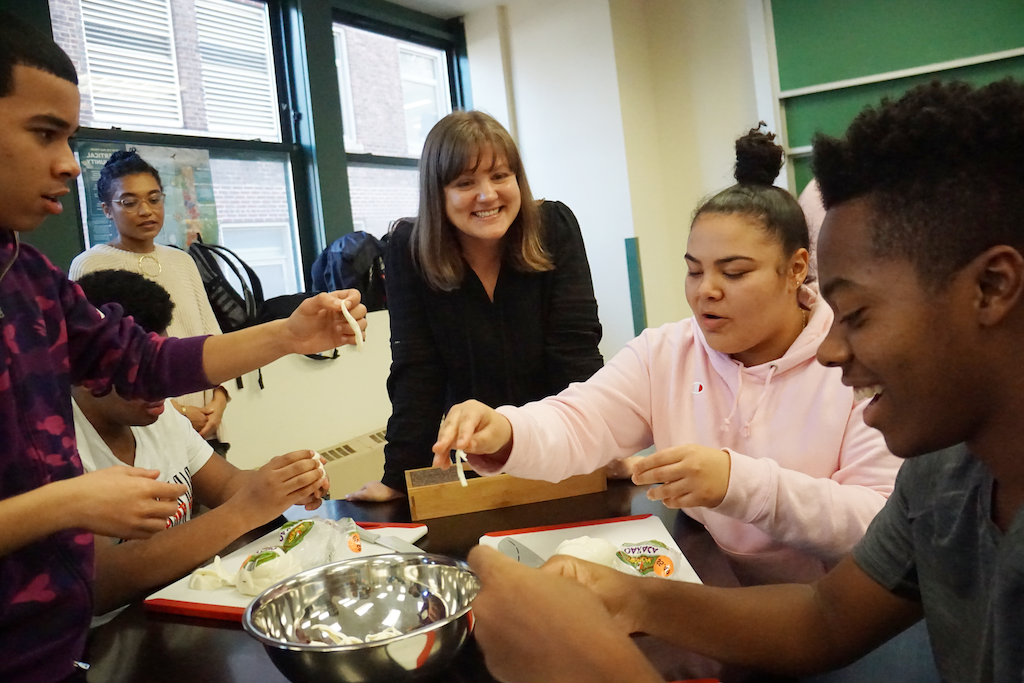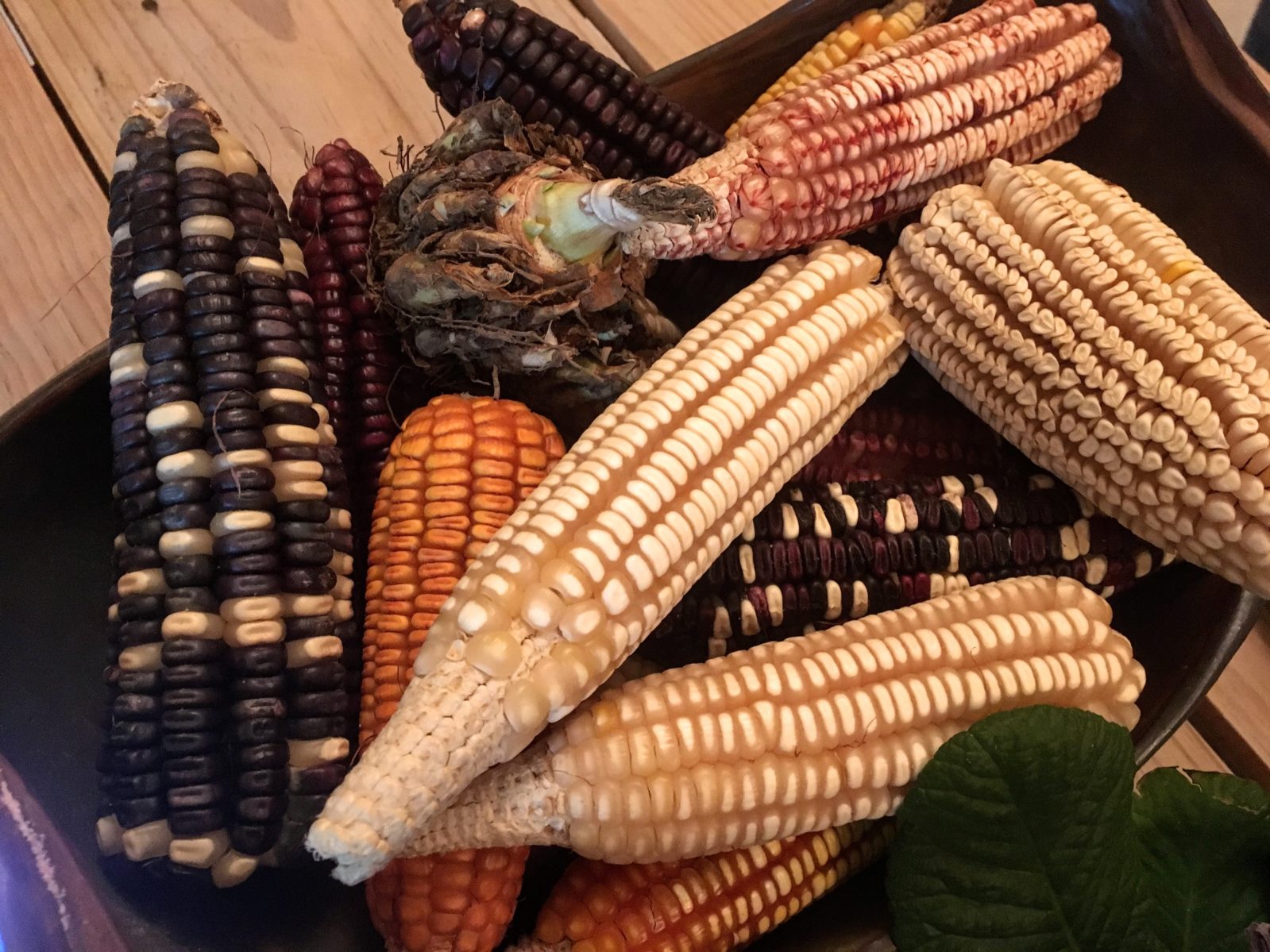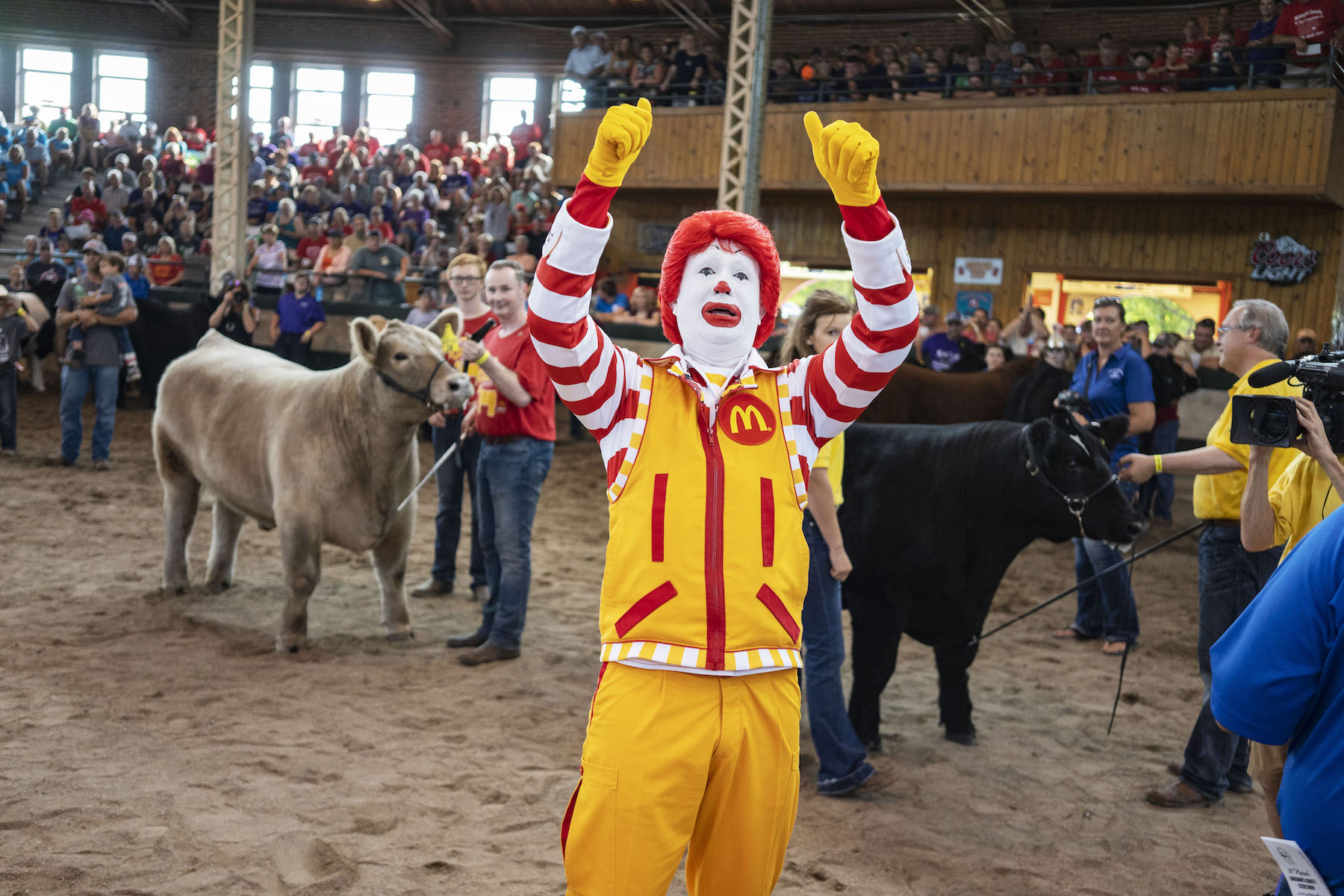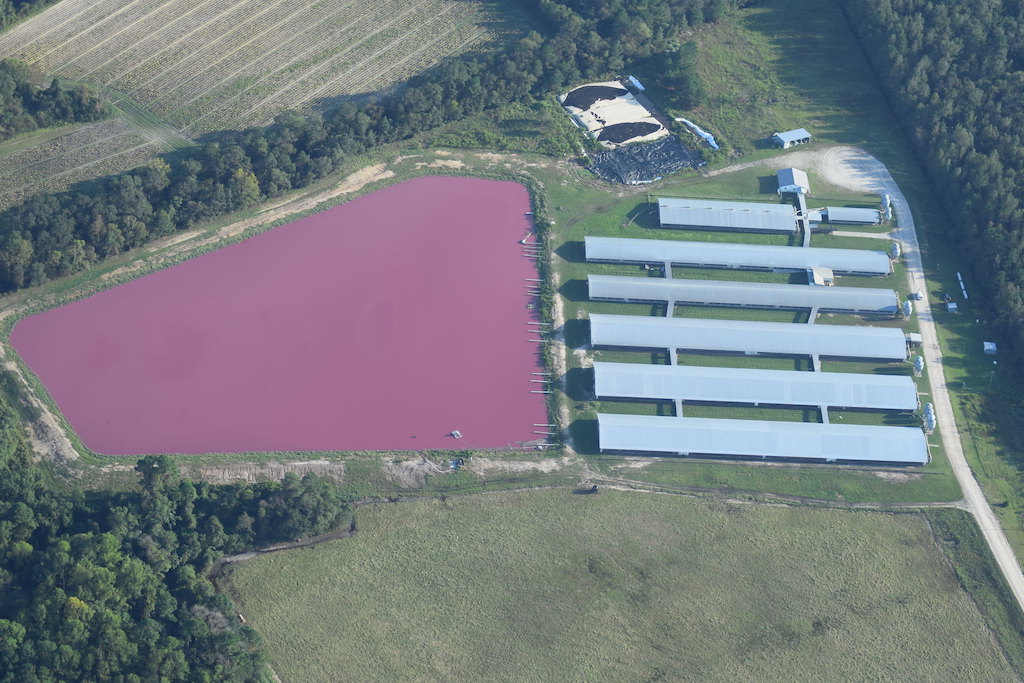
Claire Brown
By now, you’ve probably heard all the 2016 election hits: four states passed minimum wage increases; voters in eight of the nine states—including Massachusetts, Nevada, Montana, and Arkansas—that had marijuana measures on the ballot voted in favor of loosening rules; Colorado said “no” to creating the nation’s first single-payer healthcare system.
But for those to whom food and agriculture (and for that matter, land, air, and water) are perennial top-ballot issues, the post-election feeling might best be described as a bit out to pasture. Food policy didn’t make debate headlines, and the day after the day after may be a day too soon to start advocating on the 2018 Farm Bill.
So, while we wait for president-elect Trump to appoint his cabinet members and lay out a formal (or any) food policy agenda, take a look at some of the bottom-ballot measures that voters confronted on Tuesday. Ranging from farmer rights, to GMO crop bans, to establishing a constitutional right to hunt and fish, they (and their outcomes) offer some deeper, more textured insight into how Americans are thinking about food, land, conservation, and animals.
It’s also worth noting that 71 of 131 statewide ballot measures made it there by way of citizen signature petitions. According to Ballotpedia, that’s the highest number of citizen initiatives in a decade. Perhaps the most important thing this tells us is that elections don’t come down to just the binary choice. They are living, breathing, and very immediate reflections of our prismatic human experience. Which is forever in flux.
Track list (West to East)
1. Oregon / Measure 100 | By a majority of 70 to 30, Oregon voters passed this measure to ban sales of the parts (or products made from the parts) of a dozen endangered wildlife species. Prior to the measure’s passage, shark fins were the only product from a non-native species that were prohibited in the state.
2. Sonoma County, California / Measure M | On Wednesday, voters in this California Wine Country region approved a measure that will prohibit genetically engineered crops from being planted in the county. Supporters say the measure protects organic growers and crop integrity.
3. California / Proposition 67 (a national first) | Not to be confused with Prop 65 (which mandated that revenue generated from the sale of reusable carry-out bags be deposited into a state environmental fund and could take effect only if Prop 67 was approved), this proposition was approved by California voters and bans plastic shopping bags statewide.
4. Kansas / Constitutional Amendment 1 | Competing big-name lobbies, from PETA and HSUS to the NRA, had dogs in this fight. And voters had their say: Kansas amended its constitution to protect “the right of the public to hunt, fish and trap wildlife.” Voters in Indiana added a similar amendment to their constitution on Tuesday.
5. Oklahoma / State Question 777 (the so-called “right-to-farm” amendment) | Voters handily rejected this proposed question, which would have made Oklahoma the third state (after Missouri and North Dakota) in the nation to add language to its constitution preventing lawmakers from passing legislation that would put limits or farming or ranching practices without a pressing state interest. In other words: if it had been approved, farming and ranching in Oklahoma would have become a constitutional right.
6. Massachusetts / Question 3 | Voters were overwhelmingly in favor of a proposal to ban animal confinement in Massachusetts. Question 3, which will take effect in 2022, mandates minimum size requirements for facilities that house breeding pigs, veal calves, and egg-laying hens. MA is the second state to make a commitment like this—California passed a similar law in 2008.
There’s actually only one farm in the state that’ll have to change its practices over the next five years. But the law includes a mandate for retailers as well. Grocery stores won’t be allowed to sell eggs from caged chickens—a significant wrinkle, since Bill Rennie, vice president of the Retailers Association of Massachusetts, estimates that about 98% of eggs on shelves come from other states.










